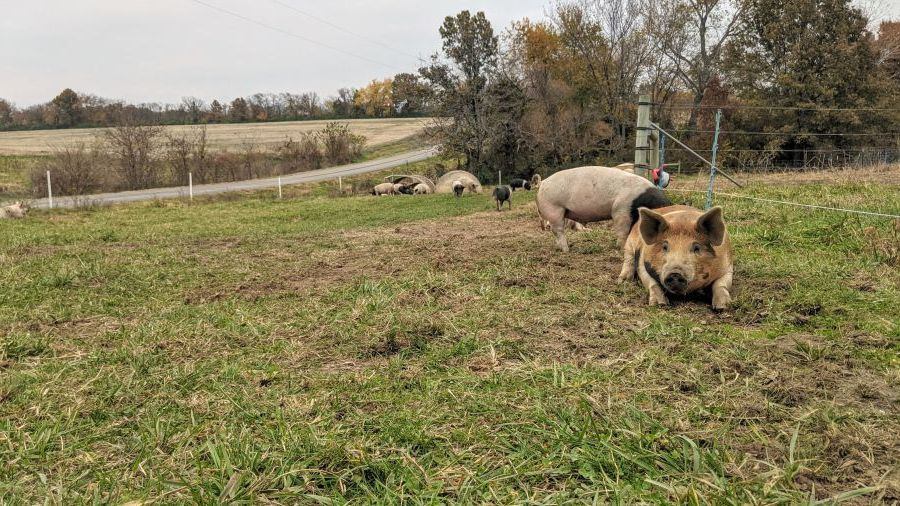Antibiotics: Coming Soon to a Chicken Chain Near You
posted on
March 26, 2024
You may have seen the recent commotion following fast-food chain Chick-Fil-A's decision to backtrack their pledge of "No Antibiotics Ever" to "maintain supply of the high-quality chicken you expect from us." They recently replaced their NAE standard with NAIHM ("No Antibiotics Important to Human Medicine"), which is supposed to restrict antibiotic use to those not commonly used to treat people and "allows use of animal antibiotics only if the animal and those around it were to become sick."
This decision comes in the midst of rising costs and just 9 months after Tyson Foods' decision to stop putting the "No Antibiotics Ever" label on their chicken.
Panera bread also seems to be rolling back their claims of "Pasture-Raised", "Grass-fed", and even "Clean". I imagine many restaurants are feeling the squeeze of our economy as food cost rises and consumers are struggling with price increases.
But while much attention has been given to the cost factors involved in these corporate decisions, I believe there's a larger issue at play here: the centralization of our food supply.
The truth is that Chick-Fil-A couldn't change it's source overnight. It is a massive chicken eating machine that doesn't stop running (except on Sundays), and if their chicken producer, Tyson Foods, who produces approximately 25% of the chicken in the US, says we're no longer offering "No Antibiotic Ever" chicken, well, Chick-Fil-A must follow suite. They don't have another option - at least not one that can give them the price they want.
Tyson, the largest poultry producer in the US, produces 20% of the chicken, pork, and beef in the nation. Other producers are a ways behind them, and most do not have a "No Antibiotics Ever" option for their chicken.
The problem here is that corporate chains like Chick-Fil-A are backed into a corner when it comes to sourcing their ingredients, specifically meats. By relying on just a few major producers their options are limited.
We both know that Chick-Fil-A could not afford to source local pasture-raised chicken for the prices that even they charge, but let's just imagine they could. Let's also imagine that each franchise operator was allowed to source their own meats, rather than relying on corporate.
Tyson announces that they are no longer offering NAE chicken, and the other nationwide producers don't have enough antibiotic-free chicken available, so Chick-Fil-A operators call around to local antibiotic-free chicken producers (like David's Pasture). In this scenario, Chick-Fil-A continues to fulfill it's pledge to consumers and the local economy is boosted by a rise in chicken sales from it's farms.
"Chick-Fil-A turns to local poultry producers for access to antibiotic-free chicken." This is what I wish the headlines read this week, but the truth is that even if our hypothetical scenario were true, there are not enough local poultry producers in most regions to supply a Chick-Fil-A. Poultry produced on small farms in the US only makes up a slight fraction of the poultry produced by Tyson themselves. If the other big three producers can't scale up fast enough, then there's no way the marginalized family farm could supply the amount of chicken that Chick-Fil-A uses.
More restaurant chains are sure to follow in quietly scrapping their consumer health and animal-welfare standards to keep profits steady and supply issues at bay. The centralized food system in America, combined with several other economical and political events happening, is wreaking havoc on food prices and accessibility at a time when the world should have an ample supply of food available at a fair price.
At David's Pasture we will continue our mission of making quality foods convenient to access from a transparent source. We strive for a food system that is decentralized, local, and that works to regenerate both people and soil, rather than degrading them in the process.
I hope you'll join us on this journey.
In good eating,
Your farmer,
Remi Kesten



